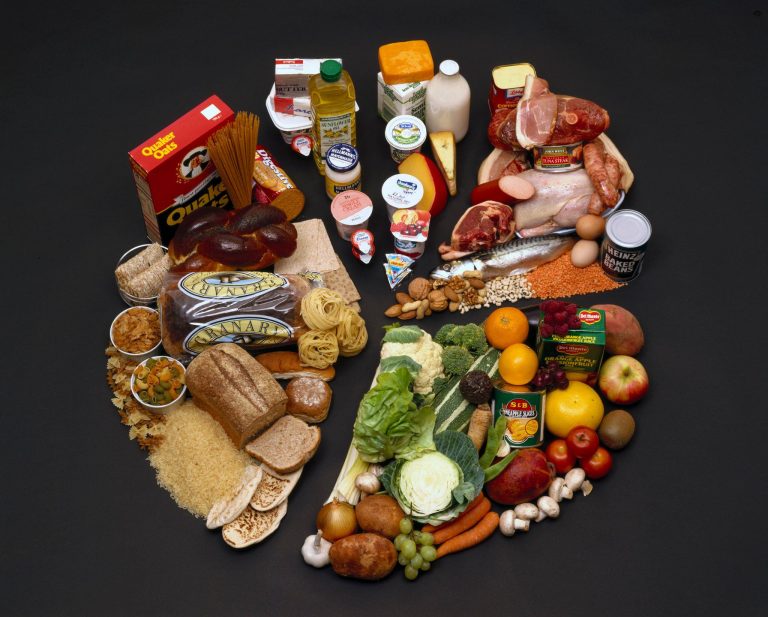As people age, their nutrition needs change, and it becomes increasingly important to pay attention to their dietary
intake. Proper nutrition is crucial for maintaining good health and well-being, especially in seniors. However, the social
aspects of senior nutrition often go overlooked. In this article, we will explore the significance of social factors in
shaping the nutritional habits of older adults.
The Importance of Social Connections
Social connections play a vital role in the lives of seniors. Strong social ties have been linked to improved mental and
physical health outcomes. When it comes to nutrition, social connections can greatly impact a senior’s dietary choices and
overall nutritional status.
One of the key benefits of social connections is the sharing of meal experiences. Eating together with others can foster a
sense of community and promote healthy eating habits. Seniors who regularly dine with family or friends often have more
diverse diets and consume a wider range of essential nutrients.
The Influence of Social Norms
Social norms and cultural practices significantly influence food choices among seniors. In many societies, specific foods
hold cultural significance and are deeply rooted in tradition. These food choices are often shared within families, and
seniors may feel obligated to adhere to these traditions, even if they do not align with their nutritional needs.
Additionally, seniors may face pressure from social circles to conform to certain dietary habits. Friends, peers, or
cultural groups may advocate for certain diets or eating patterns that may not be suitable for older adults. This pressure
to comply with social norms can potentially lead to inadequate nutrition or the consumption of unhealthy foods.
Social Isolation and Malnutrition
Social isolation is a common issue that many seniors face, and it can significantly impact their nutritional well-being.
When older adults lack regular social interactions, they often experience feelings of loneliness and depression. These
emotional states can lead to a loss of appetite and disinterest in cooking or eating meals.
Moreover, social isolation reduces access to social support networks, including meal assistance programs or community
initiatives. Without help, seniors may struggle with grocery shopping, meal preparation, or even accessing nutritious foods.
Addressing Social Aspects for Better Senior Nutrition
Recognizing the importance of social factors in senior nutrition is the first step towards improving their overall
well-being. There are several strategies and interventions that can help address the social aspects of senior nutrition:
1. Encouraging Social Engagement
Volunteering, joining community groups, or participating in senior centers can help reduce social isolation among older
adults. Such activities provide opportunities for interaction with peers and the formation of social connections that can
positively influence dietary choices.
2. Promoting Multigenerational Meal Experiences
Encouraging shared meals between seniors and younger family members can foster a sense of togetherness and provide a
supportive environment for healthier eating. This can be done through regular family dinners or community events that bring
different generations together.
3. Raising Awareness of Nutritional Needs
Educating seniors, their families, and caregivers about the nutritional requirements of older adults is crucial. This
includes promoting knowledge about appropriate portion sizes, balanced diets, and the importance of consuming a variety of
foods.
4. Improved Access to Nutritious Food
Ensuring that seniors have access to affordable, nutritious food is essential. Governments and organizations can implement
programs that facilitate the delivery of healthy meals to homebound seniors or provide transportation to grocery stores or
farmers’ markets.
5. Mental Health Support
Addressing mental health issues such as loneliness and depression in seniors is also crucial for improving their nutrition.
Offering support services, counseling, or organizing social activities aimed at combating feelings of isolation can have a
positive impact on their overall well-being.
Conclusion
Senior nutrition is not solely dependent on individual dietary choices but is also significantly influenced by social
factors. Recognizing the importance of social connections, cultural norms, and addressing social isolation can greatly
improve the nutritional well-being of older adults. By implementing strategies that focus on social aspects, we can ensure
that seniors have access to nutritious meals, feel supported, and lead healthier lives.












